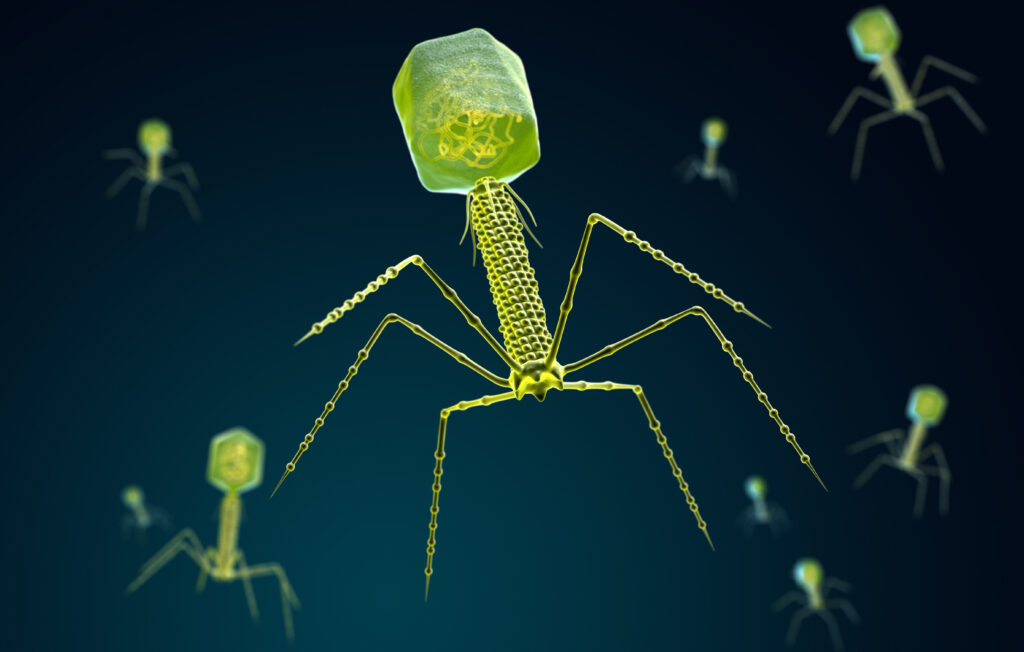
Lots of people were interested in reading about protecting their health in 2024 – around a million people in fact.
This was the number of readers who came to our blog in the last year for advice and information on a huge range of topics, from tick bites to vomiting bugs. In December, our blog was the most read across government.
We use our blog to warn and inform about infections and outbreaks, and to keep you updated about things that can impact you and your family’s health. Among this information, you’ll find features about our science – the how and why behind the work we do – and more detailed pieces on initiatives such as vaccination programmes. Sign up here to get our new blog posts via email.
Our most read blog posts of 2024 and what they were about
Should we be worried about the new COVID-19 variant?
The emergence of the ‘XEC’ COVID-19 variant meant people were looking for information on how this new lineage – or group of genetically similar viruses – compared to other variants.
Who’s eligible for the 2024 COVID-19 vaccine, or ‘Autumn Booster’?
A simple guide to who was eligible for the COVID-19 ‘Autumn Booster’ vaccination programme.
What winter bug do I have? Know the signs and symptoms
Google Trends data told us, just before Christmas, that lots of people were searching for ‘signs and symptoms’ of winter illnesses. We published this guide to the most common winter infections and their symptoms, to help people navigate what might be making them and their family feel poorly. Thousands of people have read it since.
The blog posts that kept people reading
These were the blog posts that captured people’s attention the most and kept them reading the longest.

What is Lyme disease and why do we need to be tick-aware?
This post is a detailed guide to Lyme disease and why we need to be aware of ticks when out and about in some places.
In British Science Week we published this feature on sexually transmitted infections and how they have become more prevalent.
Whooping cough: One mother’s story of love, loss and action
We were seeing high numbers of whooping cough cases in the first few months of 2024 and published this case study as part of our wider work to increase uptake of the pertussis vaccine.
Some of our favourites
Here are a few blog posts we think are worth your time:

How bacteria-munching viruses could offer an alternative to antibiotics
Bacteriophages, or phages for short, look like something out of a nightmare, but these so-called ‘spider viruses’ occur naturally, and could be a powerful new weapon in tackling the growing threat of antibiotic resistance.
Inside Britain’s Deadly Fungus Collection
Read about UKHSA’s National Collection of Pathogenic Fungi (NCPF), home to more than 4,500 isolates of potentially deadly fungi.
What is cryptosporidium, and how can you avoid it in the water or on the farm?
Our guide to the microscopic parasite that can cause an unpleasant – and sometimes dangerous – illness called cryptosporidiosis.
Why is norovirus reporting in England so high at the moment?
It’s likely you’ll know someone who has had norovirus this year, as we saw the highest number of cases since our current reporting system began. This blog post looks at the situation in more detail.
If you’re interested in what 2025 has in store for our health, sign up to the UKHSA blog for the latest advice and insights.

